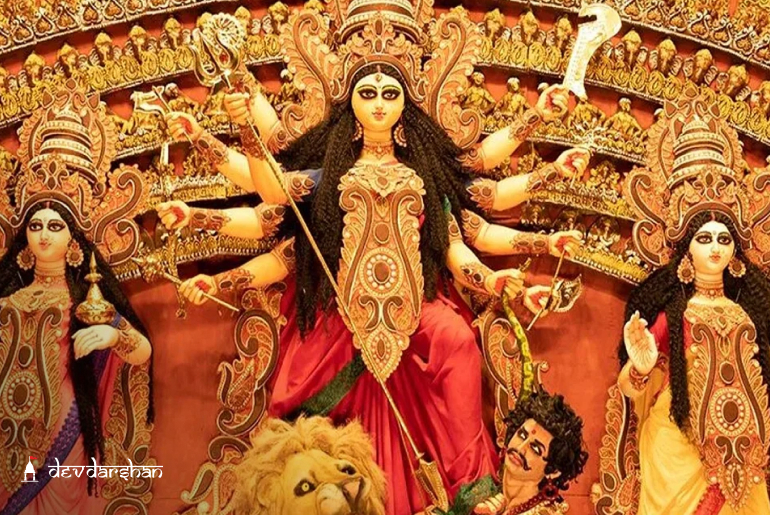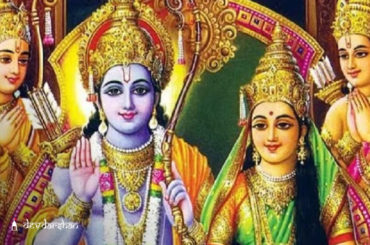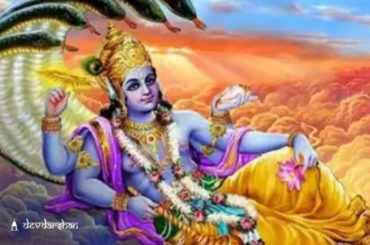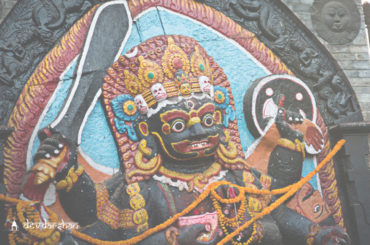Maa Durga Puja is a vibrant and significant Hindu festival celebrated during Navratri, a nine-night festival dedicated to the goddess Durga. Navratri typically falls in the Hindu calendar month of Ashwin, which usually corresponds to September or October in the Gregorian calendar. This festival is observed with great enthusiasm and devotion in various parts of India and among Hindu communities worldwide.
During Maa Durga Puja, devotees worship Goddess Durga, who is believed to be the divine embodiment of strength, courage, and feminine power. The festival celebrates the victory of good over evil, as it is believed that Durga slayed the demon king Mahishasura during these nine days and nights.
Importance of Maa Durga Puja during Navratri
The celebrations involve elaborate rituals, including the installation of beautifully crafted idols of Goddess Durga in homes and pandals (temporary temples). These idols depict the goddess riding a lion and holding various weapons, symbolizing her strength and the destruction of evil forces. Devotees offer prayerxs, perform aarti (ritual worship), and make offerings of flowers, fruits, and sweets to the goddess.
One of the highlights of Maa Durga Puja is the cultural extravaganza that accompanies it. Elaborate processions, traditional music, dance performances, and cultural programs take place during these nine days. People dress in their finest attire, and the atmosphere is filled with joy, excitement, and a sense of unity among the community.
On the tenth day, known as Vijayadashami or Dussehra, the idols of Goddess Durga are immersed in rivers or other bodies of water, symbolizing her return to the divine realm after her victory. This day also marks the triumph of good over evil, and the effigies of the demon king Ravana are burned in many parts of India to symbolize the victory of Lord Rama over Ravana.
Also Read: Dussehra Significance and How it is celebrated?
Maa Durga Puja during Navratri is not just a religious festival but also a cultural extravaganza that brings people together to celebrate the divine feminine energy and the triumph of righteousness. It is a time of devotion, reflection, and celebration, fostering a sense of community and spiritual connection among those who participate in this grand festival.
Know More about the Navratri Festival and Different Goddess worshipped on different days




